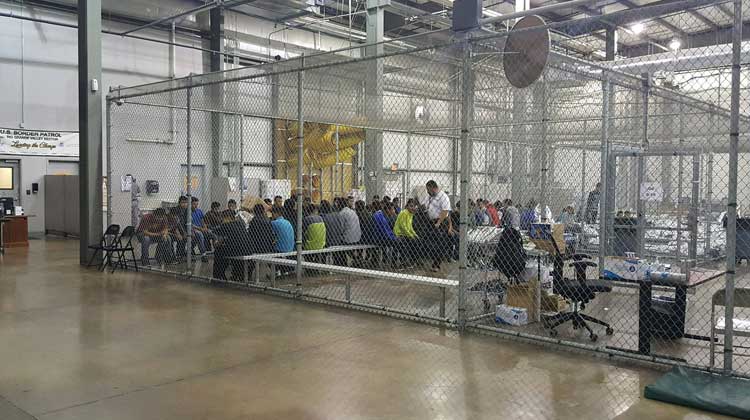
In early May, the Trump administration decided to refer all persons caught crossing the U.S. border illegally for federal prosecution. This policy has resulted in the largest separation of parents from their children at the border in history. At the same time, this “zero tolerance” policy as a means to deter illegal immigration has resulted in a huge wave of protest and controversy across the United States.
Here is what we know about the policy and the impact it is having.
Is it true that children are being separated from their families at the border?
Yes. According to The Washington Post, nearly 2,000 immigrant children were separated from their parents during six weeks in April and May 2018, citing the Department of Homeland Security (DHS) statistics.
Is it legal to separate children from their parents?
Yes. Under current U.S. law, children of illegal immigrant parents crossing the border can be separated from their parents when:
- Their legal parentage has not been determined.
- The children are thought to be in danger.
- Their parents are going through criminal proceedings.
Because a 1997 court settlement bars children from being imprisoned with their parents, Justice Department officials say they have no choice but to isolate the children.
Is this separation a new policy?
No. It relates to another policy called “Operation Streamline” that was established in 2005 to rapidly prosecute most illegal border crossers as criminals at mass trials. These mass trials declined in number several years ago, but have lately been reinstated in several Texas courts. While many are calling the Trump administration’s policy of criminally prosecuting illegal immigrants new, technically it’s not a new policy.
Continue reading here.
Share